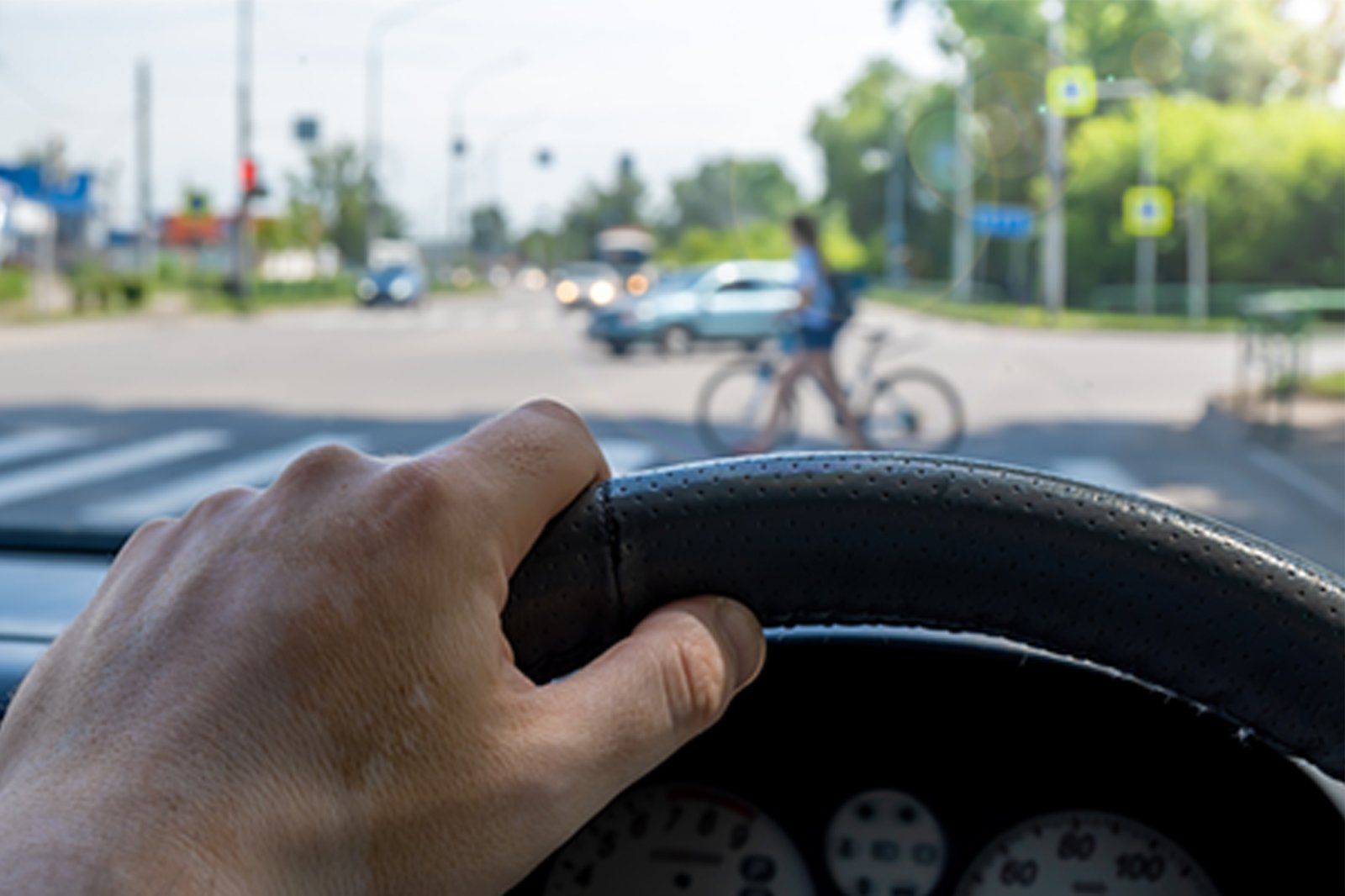Everything You Need to Know About Dog Bites
Dogs can be great companions and add a lot of value to a person’ life. After all, they are man’s best friend. But, that doesn’t mean they don’t require proper training and attention. All dogs are capable of biting and causing serious injury if you’re not careful. According to the American Pet Products Association’s 2017-2018 National Pet Owners Survey, 60.2 million U.S. households own at least one dog. That’s the highest number of all pet categories. So, it’s clear that majority of America loves dogs and that’s why it’s so important to discuss ways to keep your dog, and the people that they may encounter, safe. There are many well-known reasons why dog bites happen, as well as bite prevention techniques. Making yourself aware of these topics can lessen your chances of being involved in a potentially dangerous situation. However, if you do end up getting bit or attacked by a dog, there are immediate steps that you should take from a medical and legal standpoint. Keep reading to learn more!
WHY DO DOGS BITE?
All dogs have the tendency to bite as a reaction to something. Whether it be in self-defense, in defense of their owner or puppies, or because they feel threatened. It’s not safe to assume that any dog is safe to approach without keeping a few things in mind:
- Dogs tend to bite if they are sick or not feeling well. Dogs that are sick or injured may feel vulnerable, as if they can’t run away from you or protect themselves as well as they normally would be able to. This can cause some dogs to turn to biting as an immediate defense if you get too close.
- Dogs may nip or bite in an attempt to play. This is especially common with young children. It’s important to educate kids on how to properly play with dogs. Kids will often get too close to a dog’s face or try to grab a toy straight from a dog’s mouth. Learning to create boundaries with a dog when playing with humans is vital to decreasing dog bite situations.
- Walking up to a sleeping dog may startle him/her causing an unpleasant reaction. It’s never a good idea to sneak up on a dog. Especially if you don’t know the dog very well. As mentioned earlier, dog’s usually bite as a reaction to something. If you sneak up on a dog, it may not have a chance to assess the situation and may turn straight to biting as a means of defense.
- Is there food around? Dogs can be extremely protective of their food and treats, it’s in their instincts. Especially if you are not the owner of the dog, it’s a good idea to leave him or her alone during feeding time. Always ask the owner before giving a dog a treat. Some may get overexcited or territorial and bite your hand along with the treat.
HOW TO PREVENT A DOG BITE:
Most dog bites are preventable. According to DogsBite, family dogs inflicted 72% of dog bite fatalities in 2018. This means that it’s usually the dogs that you know and live with that are most likely to bite you. Being a dog owner comes with a lot of responsibility such as choosing a breed that will fit best with your family/living situation, seeking out proper training, regular exercise, etc. Being aware of your dog’s individual history and behavior can make all the difference.
Additionally, here are some things you can do to prevent a dog bite:
- Socialization. If you are a dog owner, it’s so crucial to socialize your dog from a young age. Get them used to being around other humans as well as dogs. This will make them more comfortable in situations where you encounter new people and/or dogs.
- Education. Whether or not you own a dog, there is a very good chance you will encounter one at some point. Learning how to properly introduce yourself and interact can be a great way to prevent dog bites. Also, teaching this behavior to your children is your responsibility as a parent.
- Be aware of your surroundings. A dog’s body language can tell you a lot of things about their behavior. Some signs that a dog is on edge may include: barking, hair standing up, tail sticking straight out, growling, protective stance in front of owner or other dogs. Always pay attention and never approach a dog that is showing any of these signs. Some other situations to look out for that may still be dangerous include: if the dog is not with its owner, if a dog is with puppies, if a dog is playing with a toy or eating, and if the dog appears to want to be alone it’s best to leave him/her be.
IN CASE OF A DOG BITE:
You may be wondering what you can do if you or a loved one does get attacked by a dog. In Illinois, the law states:
“Animal attacks or injuries. If a dog or other animal, without provocation, attacks, attempts to attack, or injures any person who is peaceably conducting himself or herself in any place where he or she may lawfully be, the owner of such dog or other animal is liable in civil damages to such person for the full amount of the injury proximately caused thereby.”
This basically means, that you have every right to sue the owner of the dog for any injuries it may have caused. The owner is liable if you are attacked without provocation. According to Find Law, it doesn’t matter if the owner knew it’s dog was dangerous, and it doesn’t matter if the owner tried to stop the dog.
Regardless, the owner is liable for damages and the person injured is encouraged to seek legal counsel. In the case of a dog bite, with an experienced lawyer, you can receive compensation for medical expenses, emotional distress, pain and suffering, and lost wages.
WHITESIDE & GOLDBERG, LTD.
Whiteside & Goldberg, Ltd. has worked on many dog bite cases and will work hard to get you the settlement you deserve. They offer a free consultation and do not charge you anything until you win a settlement. The experienced attorneys at Whiteside & Goldberg, Ltd. fight to secure your financial future. For more information on car accident lawsuits, call 312-334-6875 for the Whiteside & Goldberg Michigan Avenue location and 815-730-7535 for their Shorewood office.
The content of this blog is intended for informational purposes only and does not constitute or establish an attorney-client relationship, nor constitute legal advice. If you wish to discuss any further aspect of the material contained herein, please contact an attorney at Whiteside & Goldberg, Ltd.





